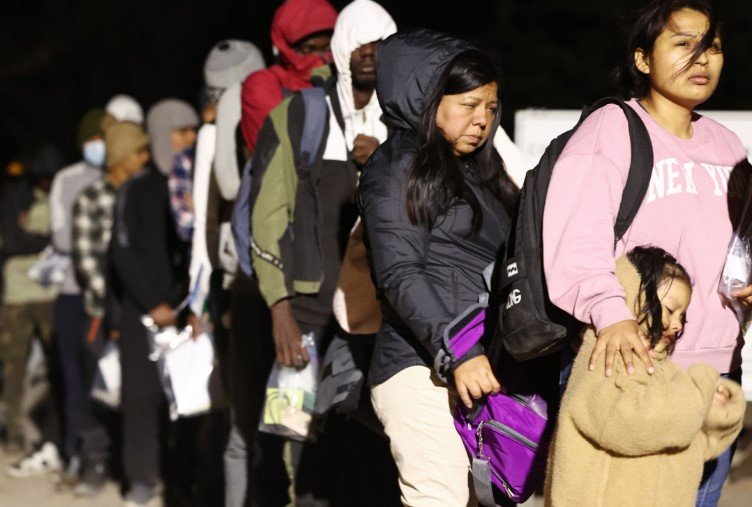US Leverages Central America for Migrant Transfers
Costa Rica has agreed to take in Indian deportees and other illegal migrants from the United States, marking a shift in the US deportation strategy. The first batch of 200 migrants is scheduled to land at Juan Santamaría International Airport today, where they will be housed in temporary facilities before being repatriated to their respective countries.
This move, backed by US funding and supervised by the International Organization for Migration (IOM), underscores Washington’s attempt to manage deportations while addressing domestic concerns over illegal immigration. By routing deportees through Costa Rica, the US can showcase removals without immediate repatriation to origin countries, which often require lengthy verification processes.

A New Holding Ground for Deportees
For years, deported migrants from India and other nations have been flown directly from the US to their home countries. However, agreements with Costa Rica, Panama, and Guatemala introduce an additional stop. These countries will house deportees until their identification and travel arrangements are finalized.
- Costa Rica will accommodate deportees in migrant centers near its border with Panama.
- Verification of identity and travel documents could take months, extending their stay.
- The US government is covering costs associated with these facilities.
A statement from Costa Rican President Rodrigo Chaves Robles confirmed the arrangement, describing Costa Rica as a “bridge” for migrants returning home. However, the statement did not specify how many Indian nationals were included in the first batch.
Legal and Political Implications
The move has raised questions about the legal rights of deportees and the role of transit nations in US immigration policy. Central American nations have previously played key roles in US-backed migration agreements, such as Mexico’s “Remain in Mexico” policy. However, critics argue that prolonged stays in temporary facilities could lead to human rights concerns, especially for those awaiting bureaucratic approvals.
The Punjab and Haryana High Court recently weighed in on illegal migration issues, disposing of a plea that sought to establish emigration check-posts in every district of Punjab. The court advised petitioners to take their concerns to the appropriate authorities, reinforcing India’s increasing scrutiny of outbound migration practices.
The Growing Role of Central America in Deportations
Costa Rica joins Panama and Guatemala in housing deportees as part of US-funded repatriation efforts. This approach provides the US with more flexibility in its deportation strategy while shifting the logistical burden to partner nations.
| Country | Role in US Deportation Strategy |
|---|---|
| Costa Rica | Serves as a transit hub, holding deportees before repatriation |
| Panama | Previously hosted deportees under similar agreements |
| Guatemala | Another partner in handling deportation logistics |
The effectiveness of this model will depend on how quickly verification processes are completed and whether transit nations can manage the influx of migrants without facing domestic backlash. The humanitarian aspect also remains a focal point, as delays in repatriation could lead to overcrowding and poor living conditions in temporary facilities.
Uncertain Fate for Indian Deportees
While the exact number of Indian deportees in this batch remains unclear, India has seen a growing number of its nationals attempting to enter the US through unauthorized routes. The route often involves complex and dangerous journeys through Latin America, facilitated by human smuggling networks.
Costa Rica’s role in this process raises broader questions about how long migrants will be held, what conditions they will face, and whether more countries will follow suit in similar agreements. For now, the US is relying on its partnerships in Central America to manage the political and logistical challenges of deportation, with the first test of this new approach unfolding in Costa Rica today.
